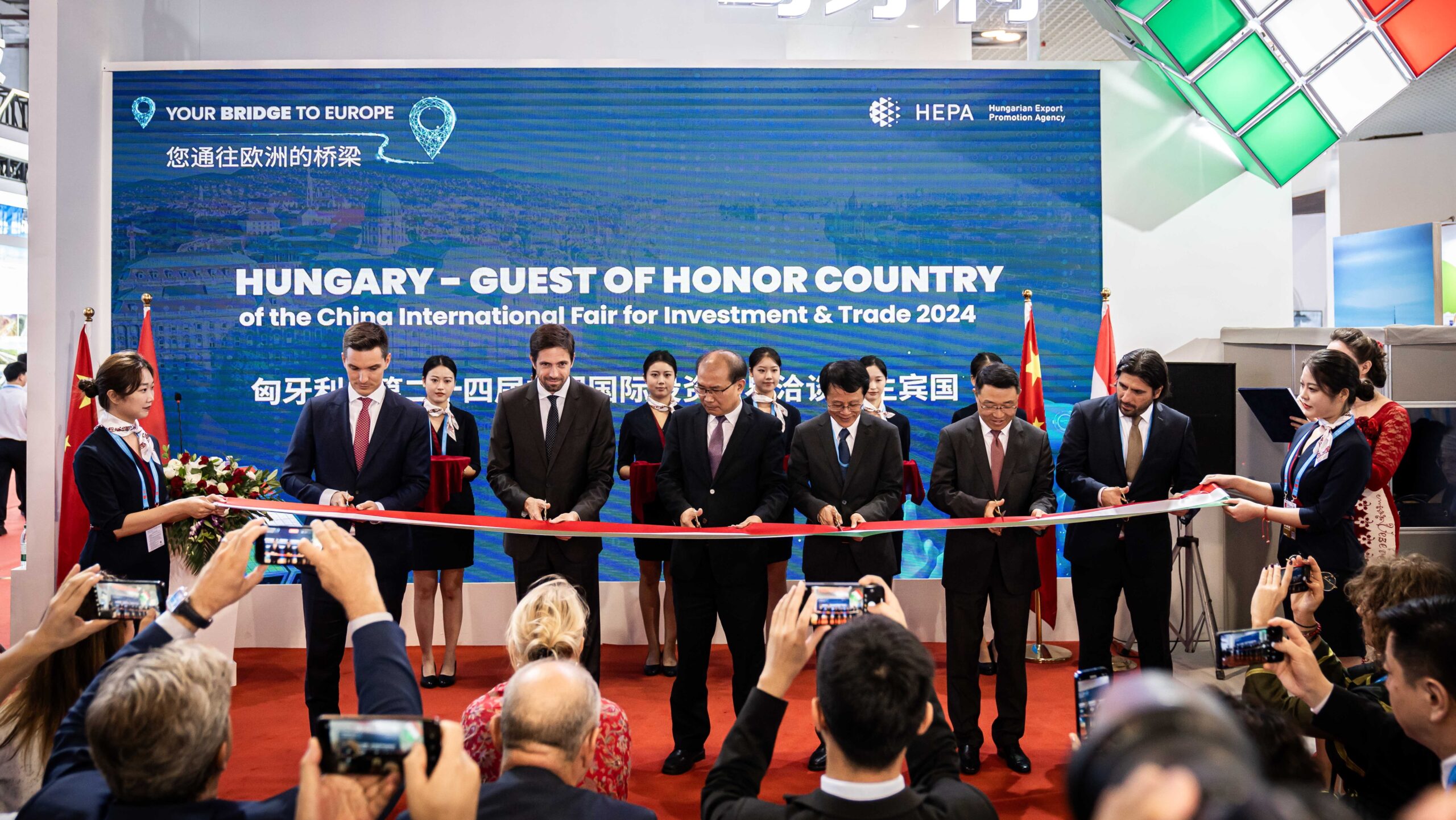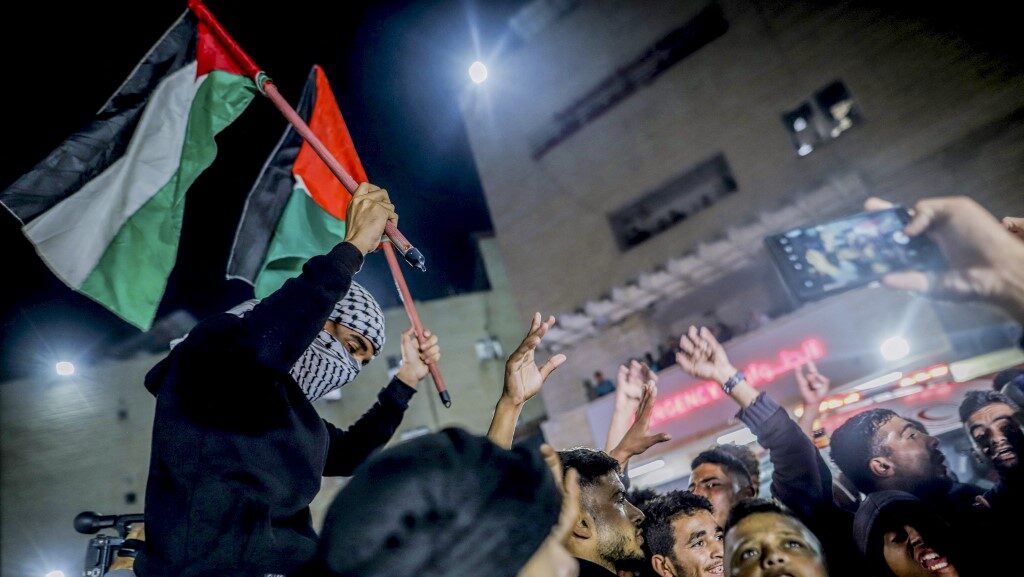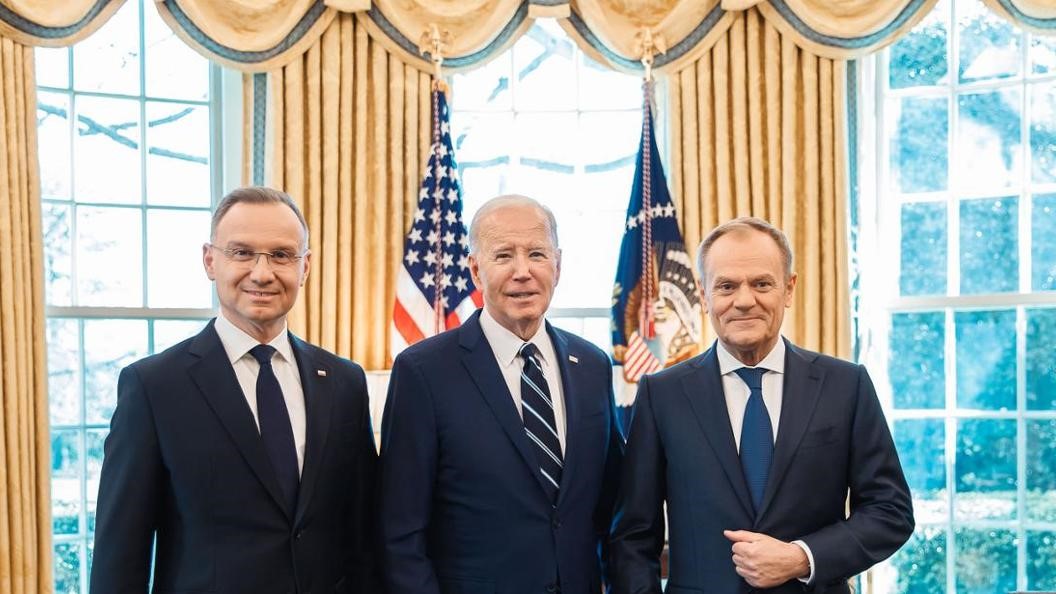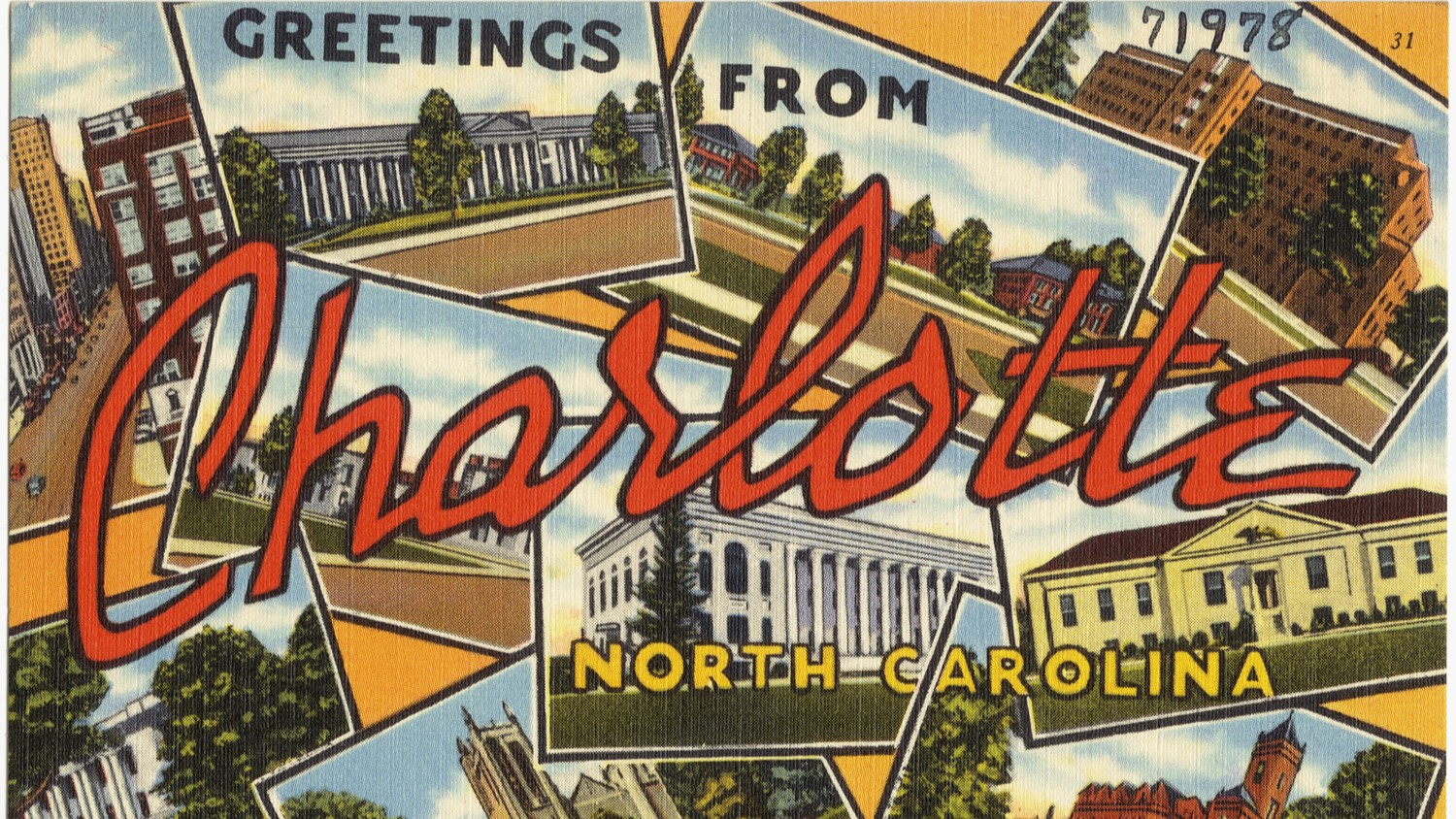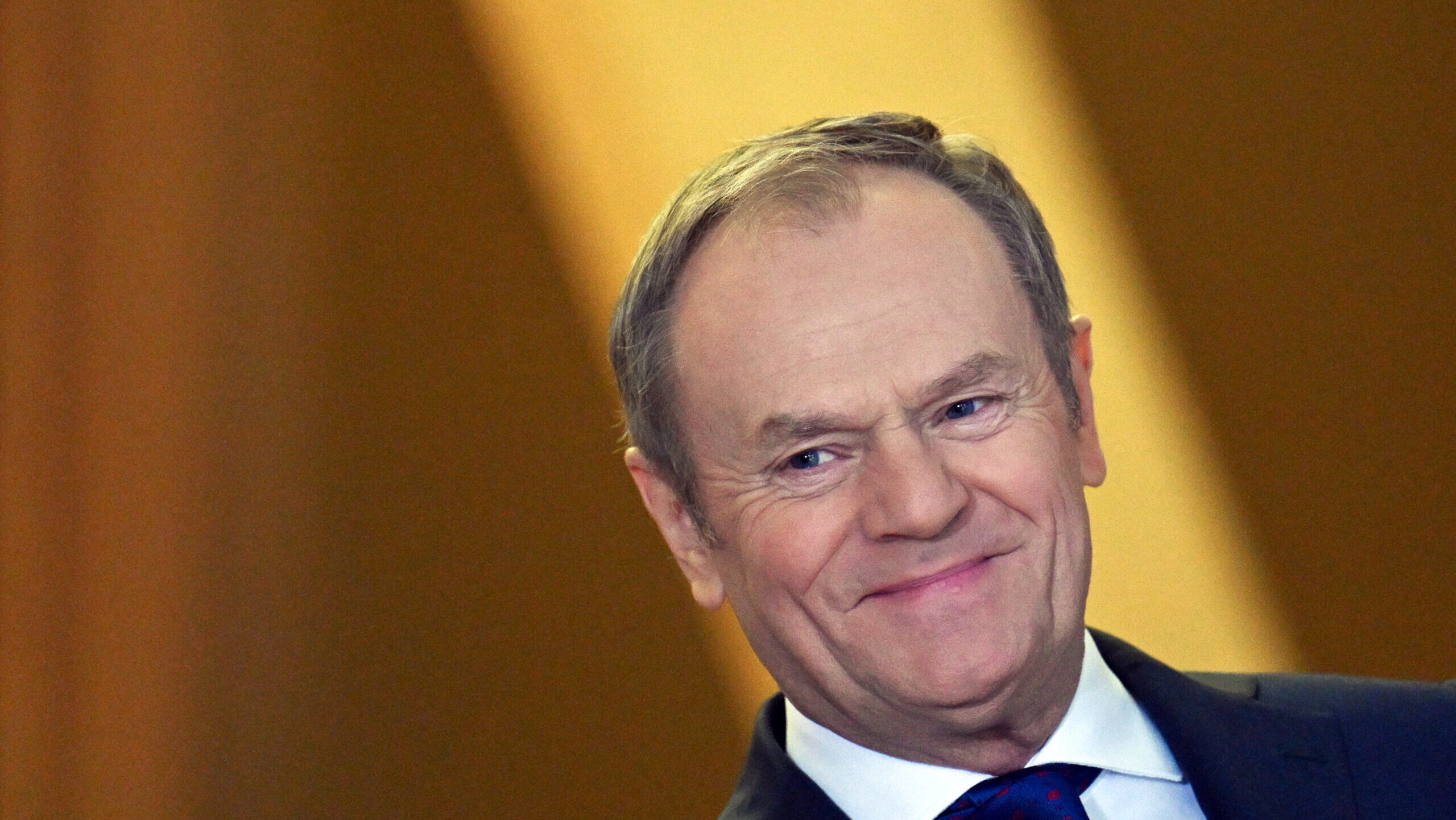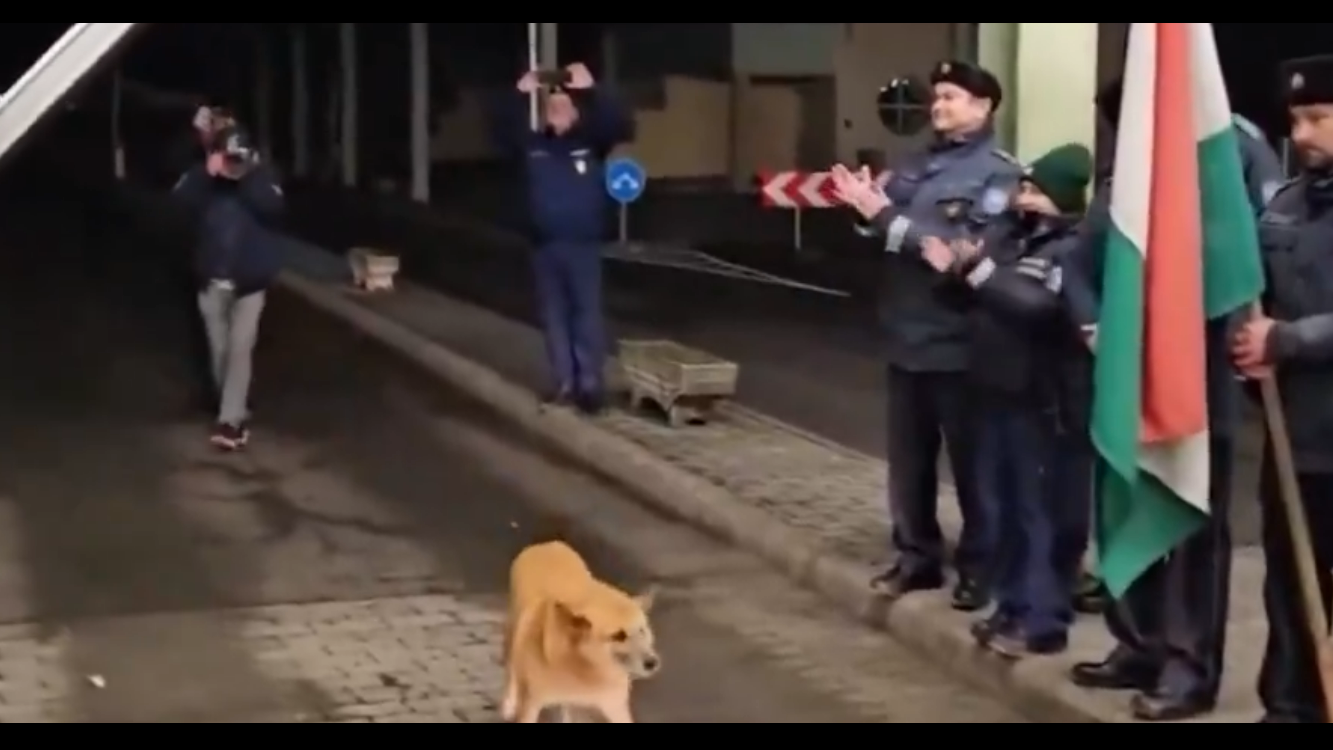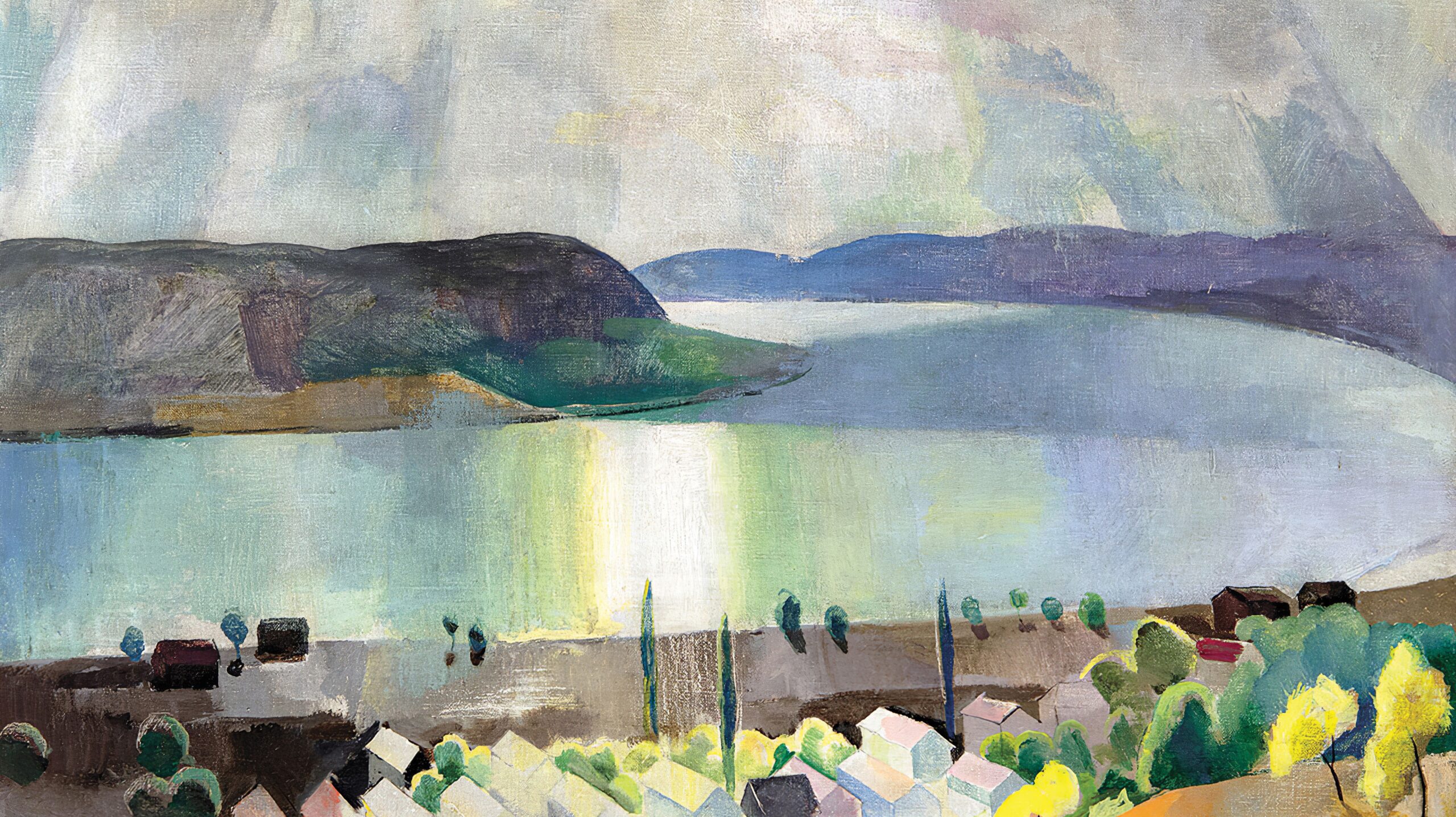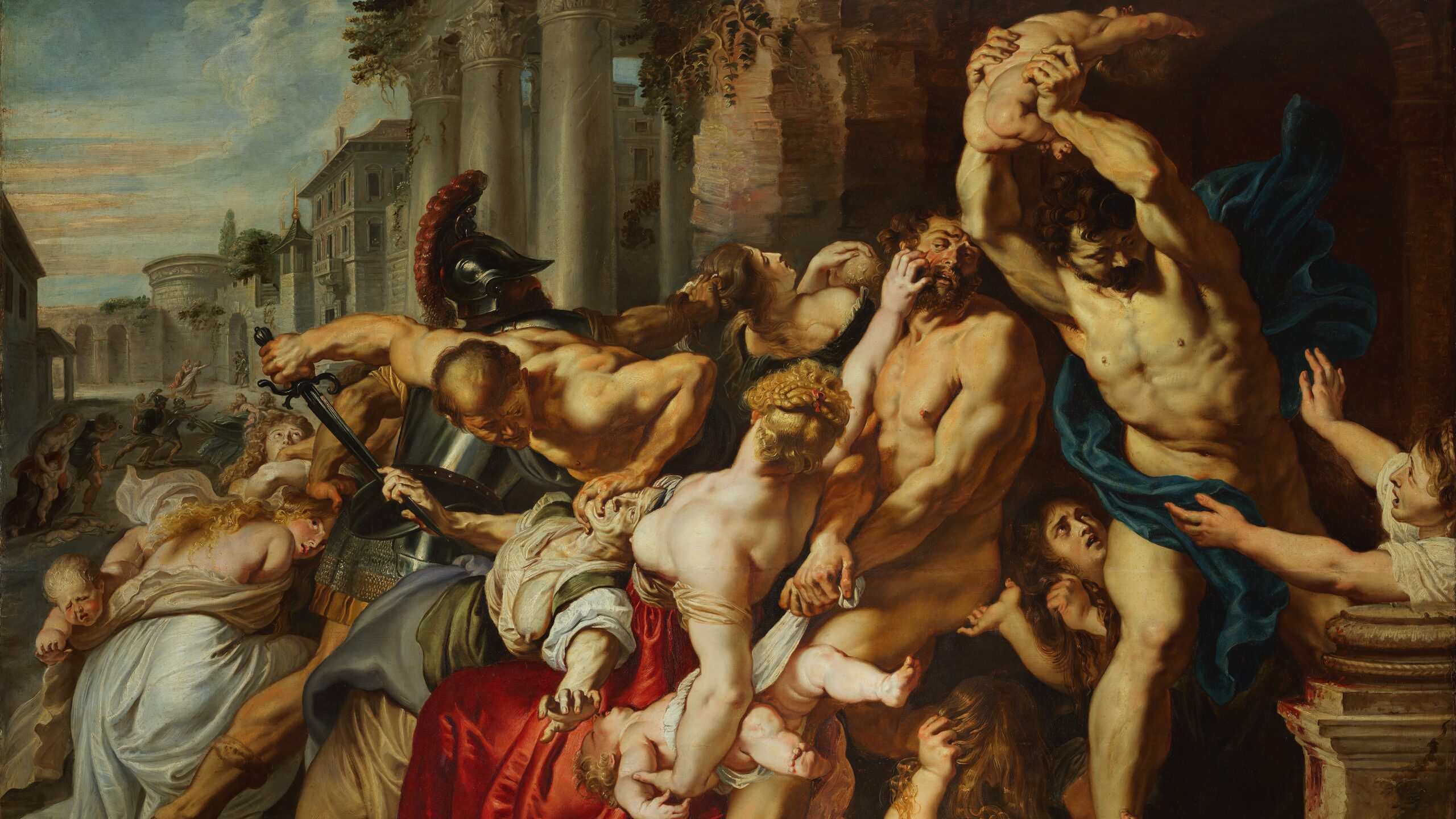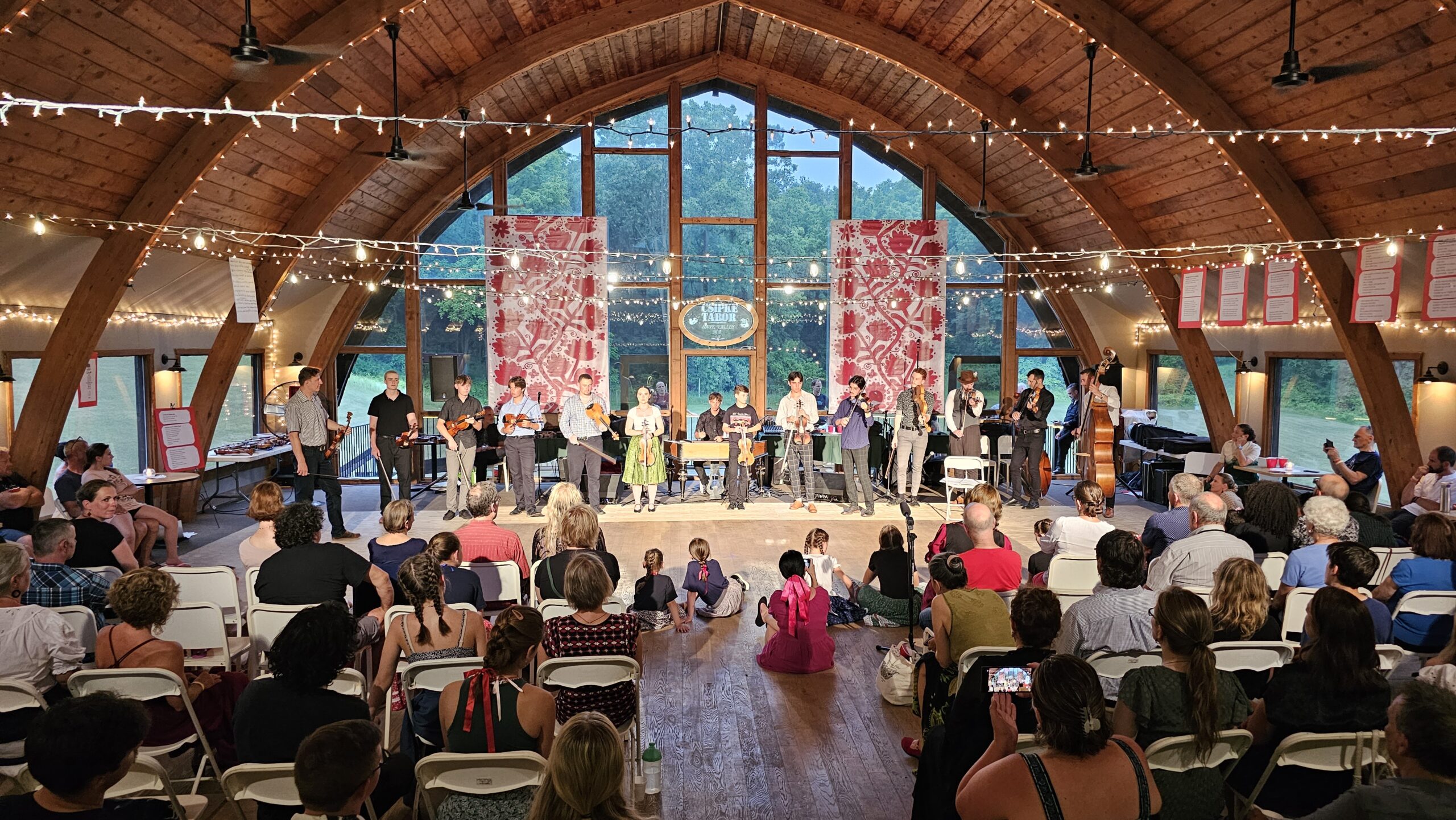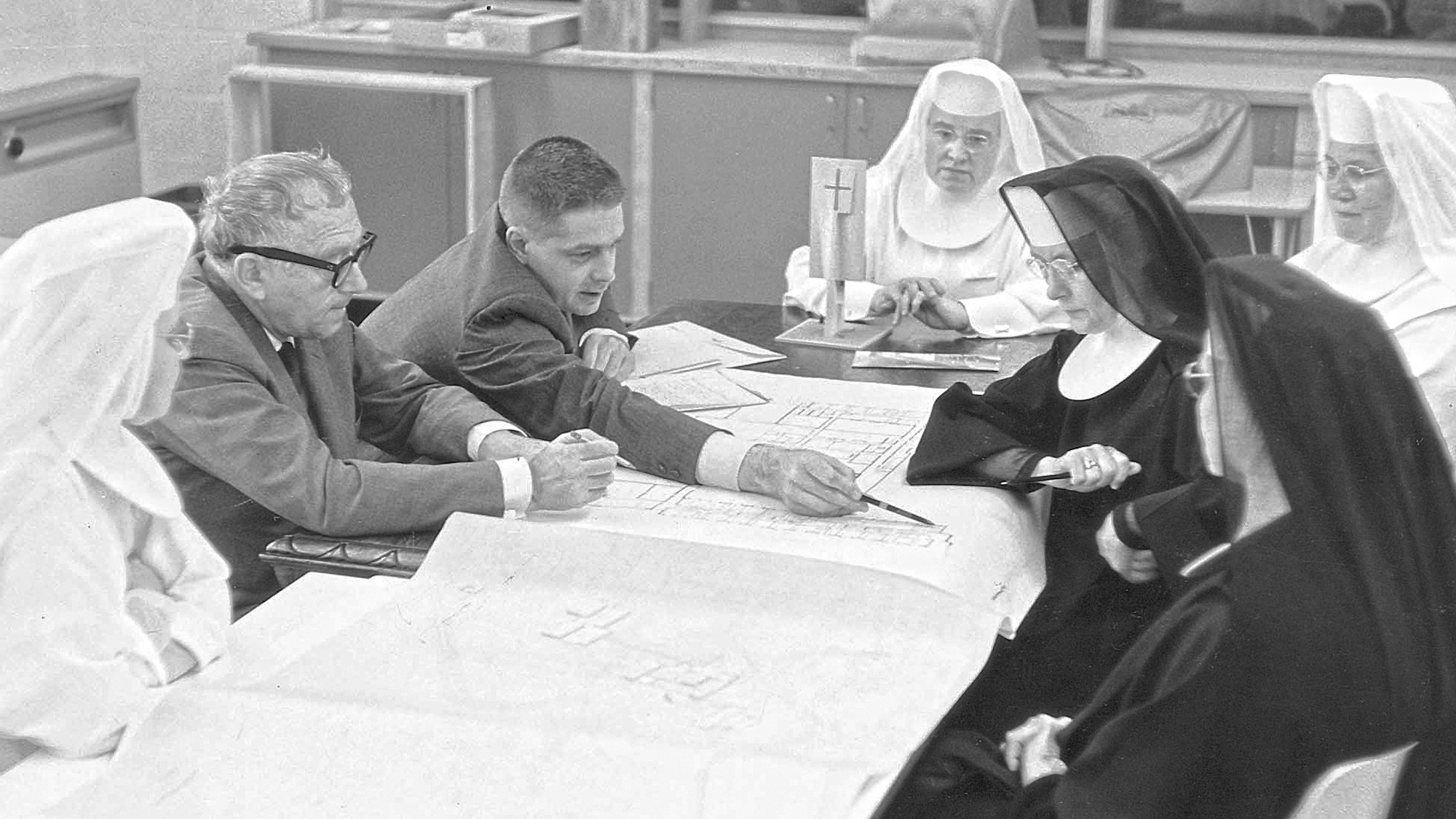
The Brutalist: Who Is the Real László Toth?
The protagonist of the 2024 film The Brutalist is brilliant architect László Toth, who leaves Hungary in the aftermath of the Holocaust to rebuild his life in the United States. While Toth never existed, his character is based on two great Jewish Hungarian pioneer architects: Marcel Breuer and Ernő Goldfinger.

